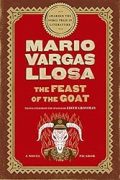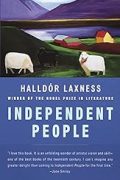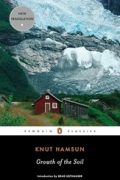
Rating: 7.7/10.
A short novel that describes life in a Soviet Gulag in the Arctic in the 1950s. The author himself spent several years in the Gulag; this is one of the first published books that revealed the inner details of the Gulag system, and controversially, it was allowed to be published in the Soviet Union the author won the Nobel Prize in Literature for this work. The story is densely written and basically follows the main protagonist Ivan Shukov as he goes about his daily life in the Gulag.
As expected, life in the Gulag is depressing. The prisoners spend their days worrying about basic survival necessities and fighting over each other for them, for example, figuring out where in the line to stand in order to get soup with the “good stuff” from the bottom and not just watery soup. The prisoners are constantly cold and fight to get enough warmth to not freeze. They are expected to work almost every day, constructing some sort of power plant, but they are not given adequate tools so they work inefficiently. A metal trowel is a prized possession and Shukhov goes to great lengths to hide the tool from the guards so he can have it the next day. The prisoners are there at least ten years, and some of them for 25 years (basically a lifetime), the protagonist having been unfairly accused of being a spy after escaping from the Germans in the war.
In some ways, this novel is quite similar to Viktor Frankl’s “Man’s Search for Meaning”, which describes a Nazi concentration camp. In both cases, prisoners are focused every day on getting enough food to survive to the next day. This book is relatively less philosophical about the greater meaning, and the narrator is just focused on getting through the day and surviving.



